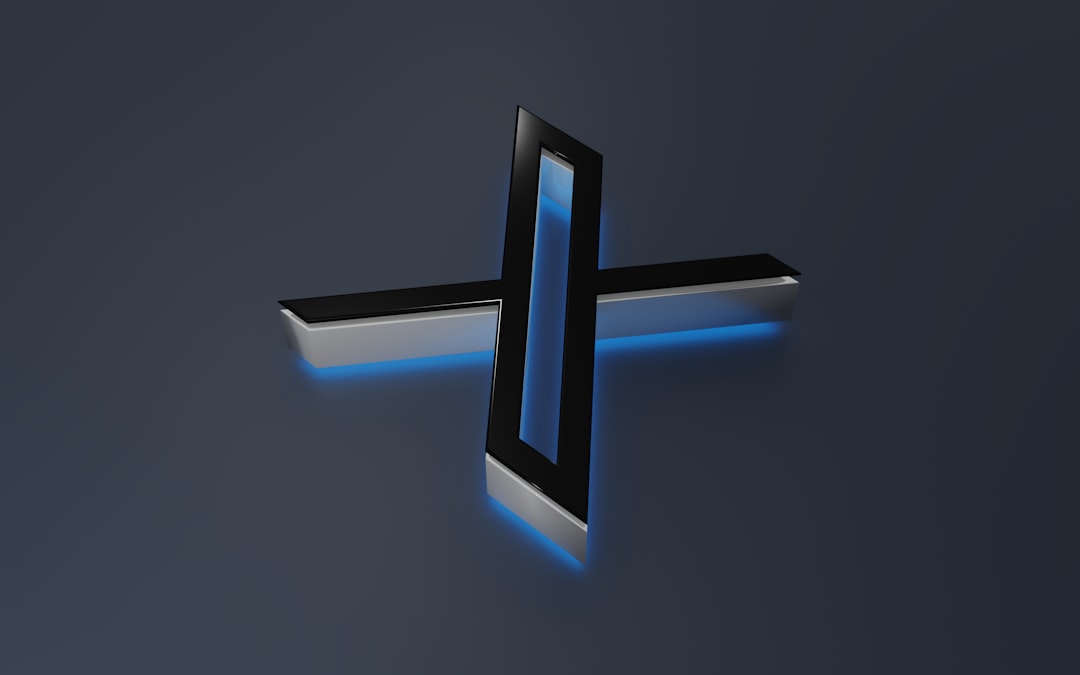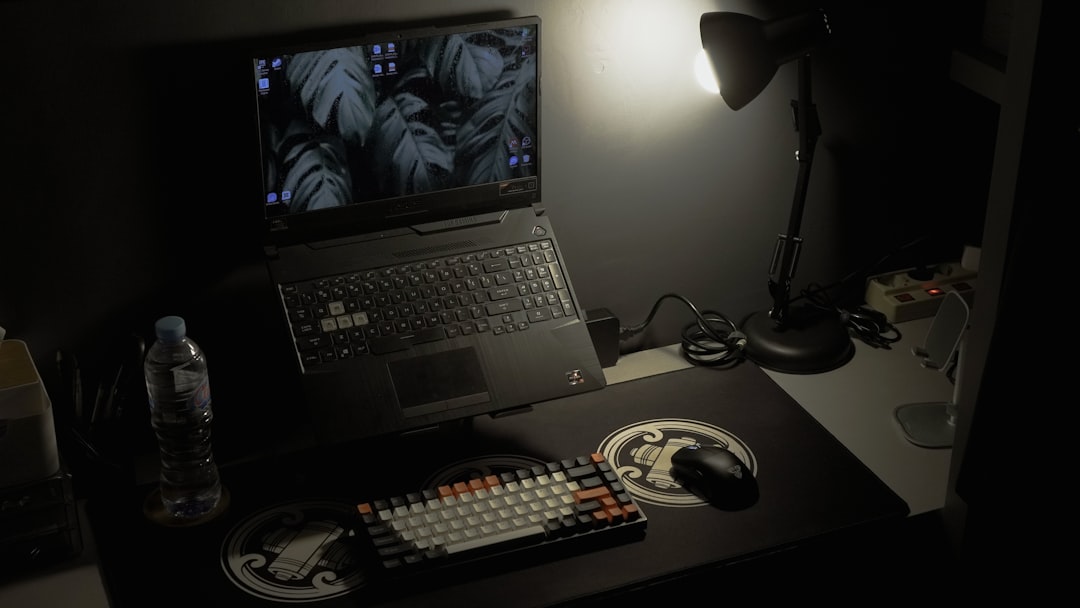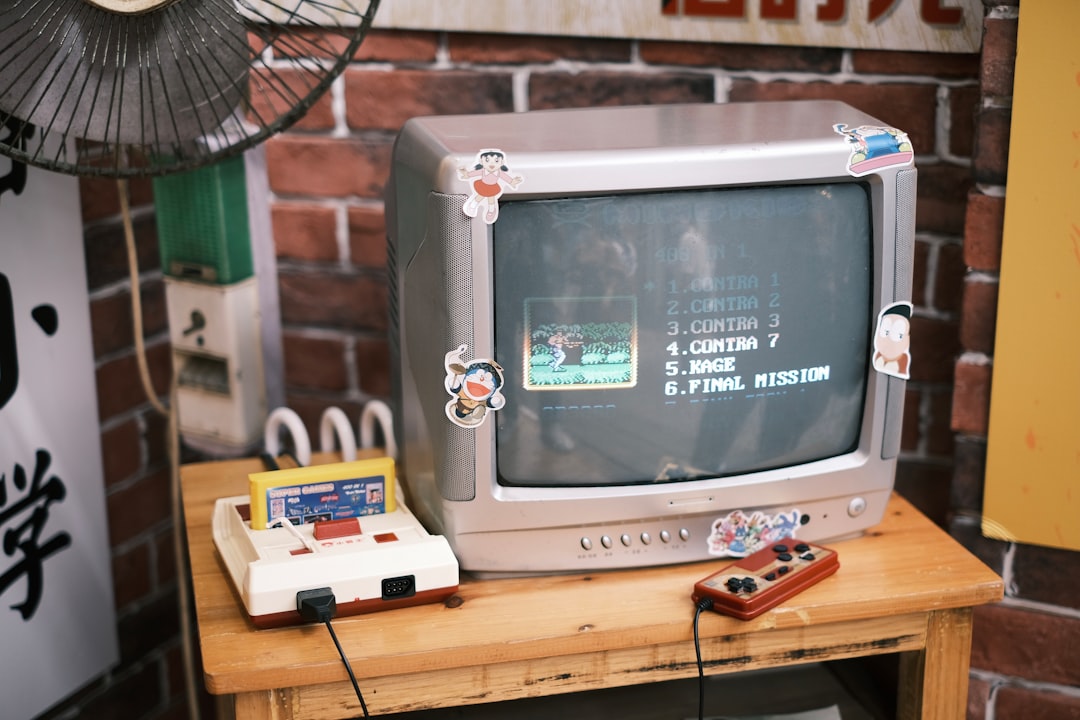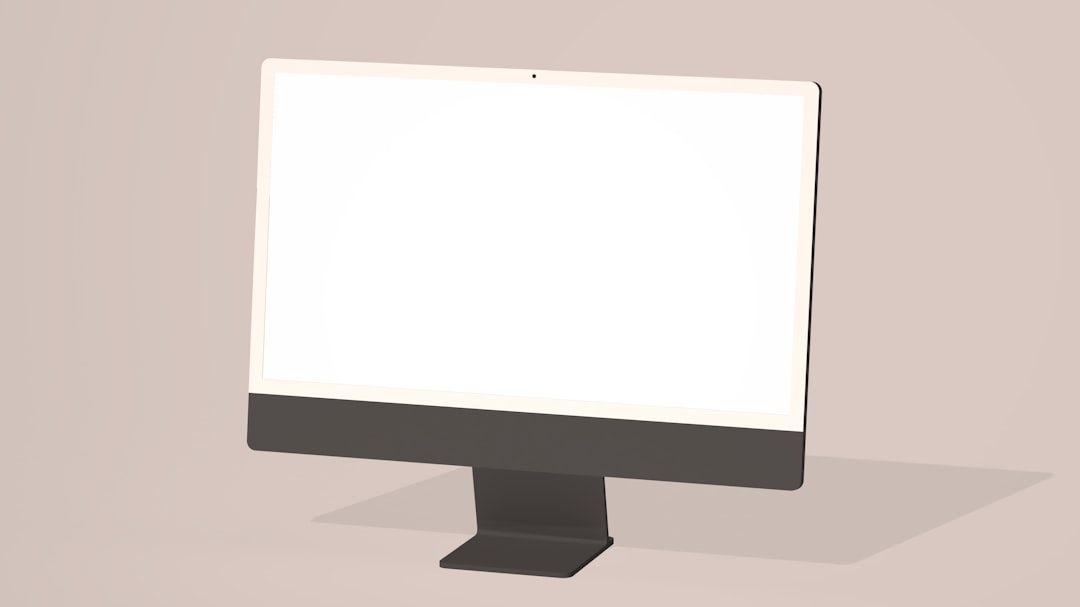If you’re a fan of classic console gaming, chances are you’ve considered playing PlayStation 3 games on your PC. The PS3 boasted an impressive library of exclusive titles and remarkable third-party releases. However, due to the console’s unique Cell architecture, emulating PS3 games on a different platform was a challenge for years. Fortunately, recent developments in emulation technology have brought several reliable and efficient PS3 emulators into the limelight. These tools allow gamers to revisit their favorite PS3 titles in higher resolutions, with better performance, and the convenience of playing on a PC.
In this article, we’ll take a deep dive into the best PS3 emulators for PC, how to install and configure them, and tips for optimal performance. Whether you’re looking to replay “The Last of Us” or try out the fan-favorite “Demon’s Souls,” this guide will help you get started with smooth PS3 emulation.
Table of Contents
Why Use a PS3 Emulator?
Many gamers prefer emulation due to several advantages:
- Improved graphics: Emulators can render games at higher resolutions than the native console.
- Save states: Save or load your game at any point, even during cutscenes or difficult boss battles.
- Controller flexibility: Use your preferred input device, like Xbox controllers, keyboard and mouse, or DualShock 4.
- Game preservation: Keep classic titles alive and accessible, especially those no longer available for purchase.
Top PS3 Emulators for PC
Though several PS3 emulators have been attempted over the years, very few have proven both functional and practical. Here’s a list of leading PS3 emulation software available today:
1. RPCS3
RPCS3 is currently the best and most stable PS3 emulator for PC. Released in 2011 and under continuous development, it supports a wide array of commercial games and has built a strong community in support. Its intuitive UI, regular updates, and impressive compatibility make it ideal for most users.
Main features include:
- Open-source project with active development
- Supports over 6000 games, with most running smoothly
- Resolution scaling up to 10K
- Custom shaders and anti-aliasing support
- Multi-controller input support
- Vulkan and OpenGL rendering
System Requirements for Optimal Performance:
- CPU: AMD Ryzen 5 or Intel Core i5 (8th gen or higher)
- GPU: NVIDIA GTX 1060/AMD RX 580 or higher
- RAM: At least 8GB
- Operating System: Windows 10 or Linux (64-bit)

2. Ps3Freak Emulator
Ps3Freak Emulator is a lesser-known emulator that offers a user-friendly interface for casual users. Although it does not support as many games as RPCS3, it still provides a decent experience for basic gaming and experimentation.
Pros:
- Simple and easy to install
- Good for less demanding PS3 titles
- Light on system resources
Cons:
- Poor compatibility with AAA titles
- Sporadic updates and limited community support
3. ESX Emulator
ESX Emulator is another project aimed at bringing PS3 gameplay to PC. Although currently in its early stages and only partially open source, it is capable of running select titles like “God of War III” and “Uncharted 2.” It requires a more robust system setup and is recommended for advanced users interested in testing and development.
Noteworthy features:
- Runs commercial PS3 games
- Supports native graphics rendering
- Experimental audio reproduction
Keep in mind that stability varies and game compatibility is limited compared to RPCS3.
How to Get Started with PS3 Emulation
To start playing PS3 games on your PC, follow these general steps (using RPCS3 as an example):
- Download the Emulator: Visit the official RPCS3 website and download the latest build for your OS.
- Install the Firmware: Obtain the official PS3 firmware from Sony’s official website. Load it using the RPCS3 interface.
- Add Your Games: Dump your PS3 games via a custom firmware console or use legal backup copies. Import the games into RPCS3 using the `.pkg` or `.iso` files.
- Configure the Emulator: Set up your resolution, audio, and input settings. Test different rendering modes (Vulkan is recommended).
- Check Compatibility: Reference the official compatibility list to see the status of each game you wish to play.

Tips for Smooth Gameplay
Even the best emulators may not provide flawless performance out of the box. Here are a few tips to help you enjoy smoother gameplay:
- Keep the emulator updated: Developers release performance enhancements frequently.
- Enable SPU loop detection: This improves speed for many titles.
- Use SSD storage: Loading times and texture streaming improve significantly.
- Choose Vulkan over OpenGL: Vulkan tends to provide superior performance on modern GPUs.
- Limit background applications: Close unused programs to free up system resources.
Legal Considerations
It’s important to play games you physically own. Downloading copyrighted games without owning a legitimate copy violates intellectual property laws. Always dump your PS3 games yourself or ensure they were acquired legally. Emulator developers do not endorse piracy, and neither should users.
Conclusion
While emulating PlayStation 3 games wasn’t possible a decade ago, today, thanks to powerful tools like RPCS3, gamers can relive the best of the seventh generation right on their desktop. Whether you want to play iconic exclusives, revisit cult classics, or simply explore what the PS3 had to offer, emulation opens the door to retro gaming freedom and customization.
With some essential know-how, a capable PC, and the right configuration, you can enjoy your favorite PS3 titles with enhanced visuals, custom controls, and smooth performance. As always, support developers and be conscious of legal and ethical use when diving into the wonderful world of PS3 emulation.

Happy gaming!




